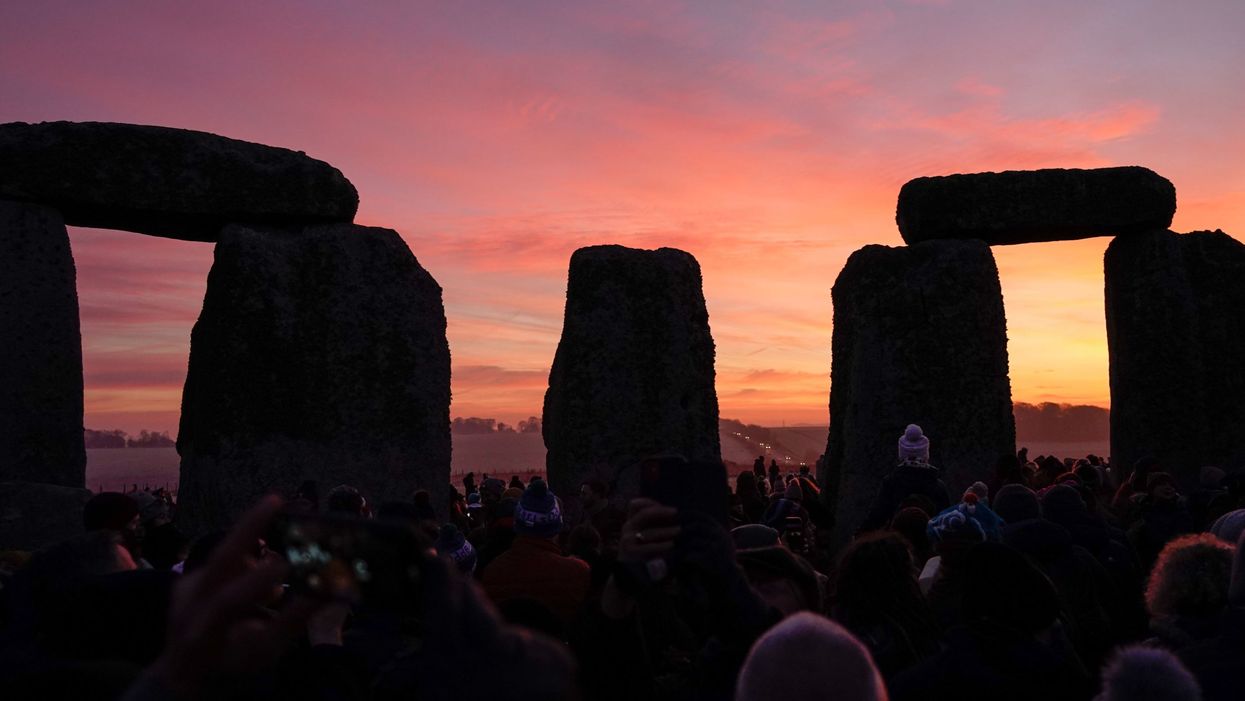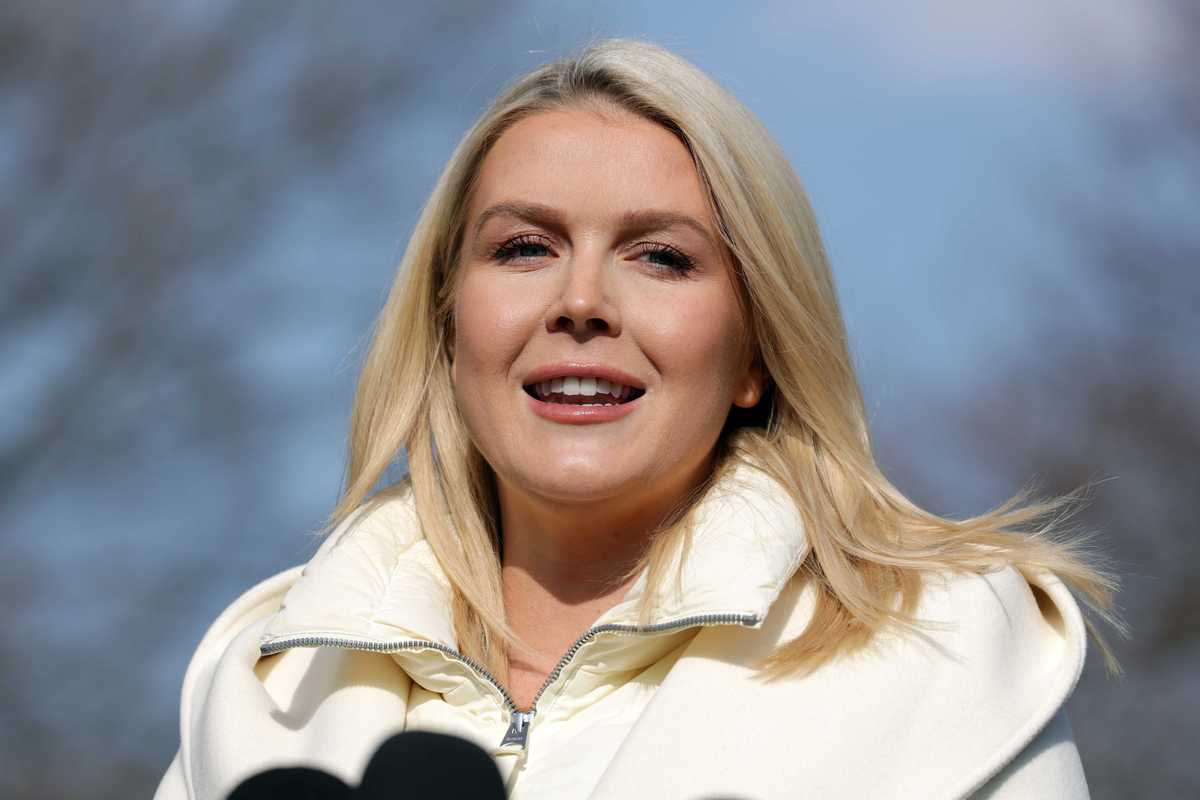Sinead Butler
Dec 22, 2021
Last night marked the Winter Solstice, where we experienced the shortest day of the year.
With sunrise at 8.04 am and sunset at 3.53 pm in London (give or take up to 40 minutes in other parts of the UK), we experienced just seven hours and 49 minutes of daylight yesterday.
But not to worry as the Winter Solstice means that instead of the days getting shorter with longer nights, this will now change with days getting longer and nights getting shorter over the course of the next six months.
This will lead up to the Summer Solstice which typically happens on June 21, the longest day in the year.
As Good Morning Britain weather presenter and Meteorologist Laura Tobin explained, today we will get two extra seconds of daylight.
Traditionally, crowds of druids, pagans and enthusiasts gather at Stonehenge, the 5,000 year old ancient site in England to commemorate the Winter Solstice as it is widely thought that the stones are perfectly aligned to frame the midwinter sunset at the winter solstice and the midsummer sunrise at the summer solstice.
Sign up to our free Indy100 weekly newsletter
“Winter might have been a time of fear as the days grew shorter and colder. People must have longed for the return of light and warmth,” English Heritage explained.
“Marking this yearly cycle may have been one of the reasons that Neolithic people constructed Stonehenge – a monument aligned to the movements of the sun.”
This year was no different, despite the spread of the Omicron variant of COVID-19, people from across the country travelled to witness the Winter Solstice at Stonehenge.
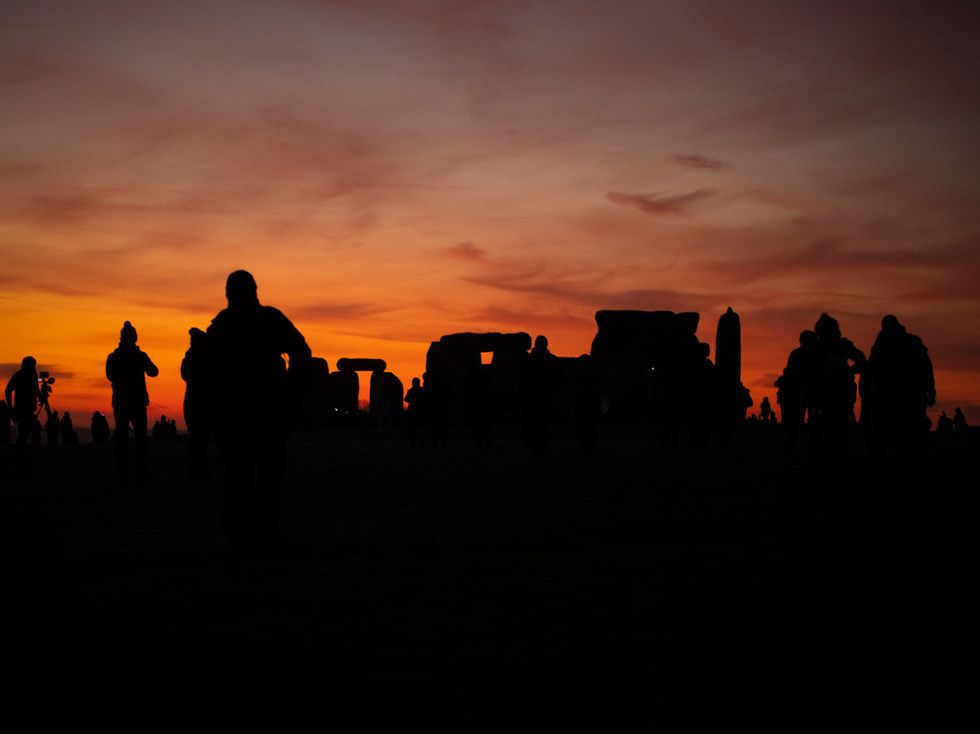
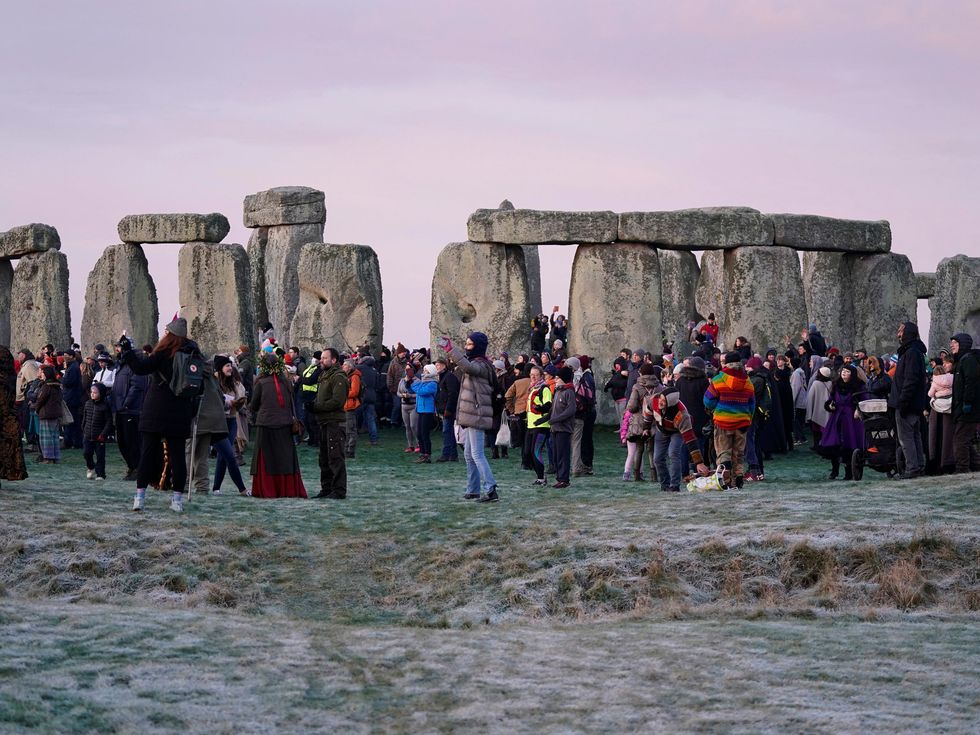
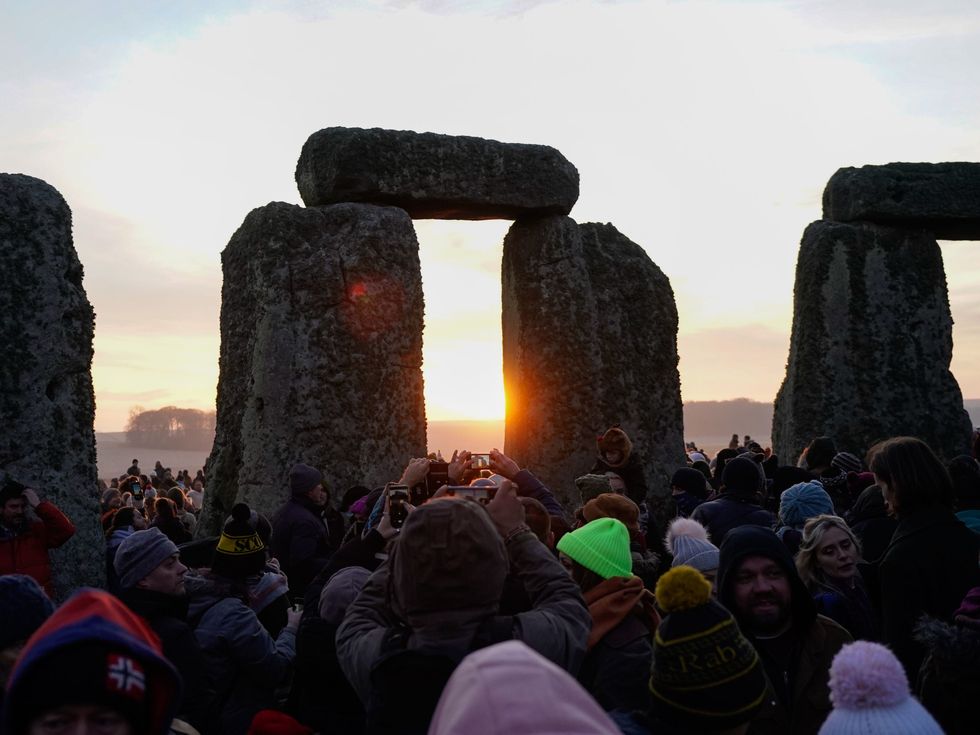
It’s fair to say people on Twitter were pretty excited about the fact that the short winter days are soon to get longer with increasing daylight.
Meanwhile, many were also sharing their sunrise snaps to celebrate the commencing of longer days - and more importantly more sunshine...
Here are the best photos people have posted on Twitter:
Top 100
The Conversation (0)
